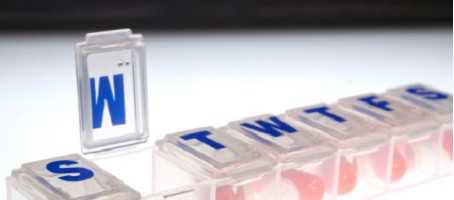An experimental drug being developed by Eli Lilly Co. has shown promising initial success in terms of blood glucose control and heart health markers in a month long human study.
The drug, currently named LY2405319, is the synthetic form of the hormone fibroblast growth factor 21 (FGF21). The hormone stimulates the uptake of glucose in fat cells and has previously been show, in animal studies, to be effective in preventing obesity.
The human study, published in the September issue of the journal Cell Metabolism, involved 46 patients with type 2 diabetes. Patients were assigned to four groups that received a placebo, or doses of 3, 10 and 21 milligrams (mg) of the FGF21 analogue.
The results of the study showed that patients treated with higher doses of the drug experienced reduced body weight, reduced blood glucose levels and reduced circulating insulin levels. In addition, the drug showed promise for increasing heart health by reducing triglyceride and ‘bad’ LDL cholesterol levels whilst raising the level of ‘good’ HDL cholesterol.
The improvements in heart health markers could be significant in the success likelihood of the medication as a number of other type 2 diabetes drugs have recently failed to show improvements in heart health.
It should be noted that the study was a small scale and short term study and long term safety will need to be demonstrated in later stage research trials before the new medication can be marketed.
What's new on the forum? ⭐️
Get our free newsletters
Stay up to date with the latest news, research and breakthroughs.




